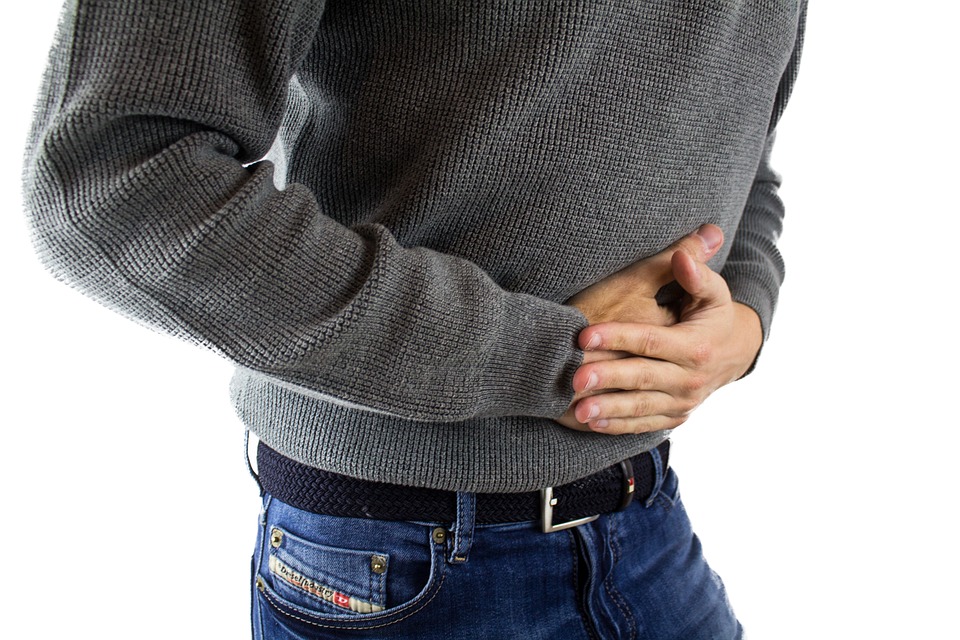Bloating is a common complaint we hear or express to our family and friends. A bloated stomach can make you feel uncomfortable and annoyed and can lead to problems like chronic underlying conditions.
But before we jump into the remedies to get relief from bloating and a bloated stomach, it is important to understand what bloating is.
Bloating is a situation where our stomach feels tight and full, mostly because of gas, and can also cause cramps, burps, constipation, or diarrhea. The stomach may stick out during bloating, and the skin around the stomach can also feel stretched.
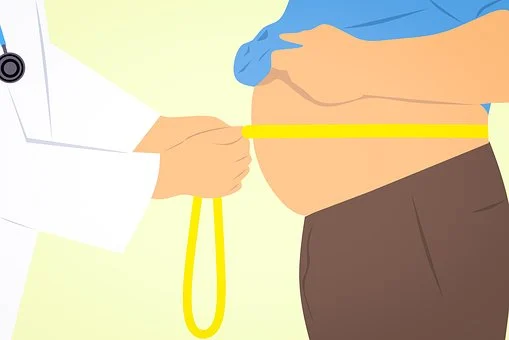
There are several causes for bloating; to understand them in detail, some are listed below:
• Your eating habits and the way you eat can cause bloating. For example, if you eat too fast, you swallow a lot of air, which leads to gas, or when you eat too much at a time, it can imbalance the digestive system and be a cause for a bloated stomach.
• The choice of food plays a pivotal role when discussing the causes. Items such as carbonated beverages, gum, high-fiber foods, and alcohol can cause bloating.
• It is important to check if you are allergic or sensitive to certain food items. Food intolerance can cause bloating and irritation to the stomach at many events.
• Health conditions such as constipation, irritable bowel syndrome, or celiac disease can be one of the causes.
How do you reduce bloating and relieve a bloated stomach?
There are numerous bloating treatments and preventions available that can provide stomach relief. Some of them are explained below:
1. Walk

Walking is the simplest and most effective way to relieve bloating. Take a 30-minute walk every day to feel the difference. Physical activity can really help get the bowels moving regularly and release excess gas.
2. Yoga

Regular physical exercise and certain yoga poses can help treat a bloated stomach. Some of the yoga poses would be Child’s Pose, squats, etc.
3. Massage
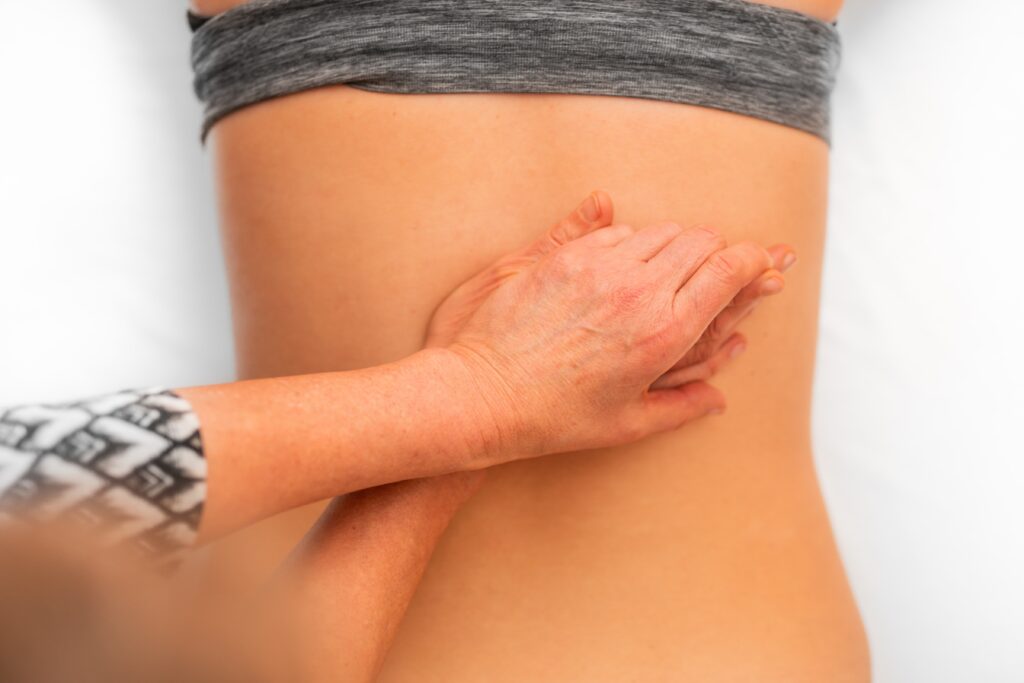
Massaging your abdomen, the right way can help release gas and provide relief for a bloated stomach. If massage causes you pain or discomfort, discontinue it immediately.
4. Hot Bath

A tranquillizing hot shower can help you get relaxed and provide relief for a sore abdomen. Your body will feel relaxed, which can help the GI tract function better.
5. Change in diet
Studies suggest approximately 66–90% of the people with Irritable Bowel Syndrome experience bloating, and IBS is a common digestive condition, mostly in women with symptoms like abdominal pain, discomfort, a tight stomach, and constipation.

Change the way you eat, your choice of food, and your routine diet plan to make a difference. Eliminate food items that are hard to digest and high in FODMAPs, such as dairy products, garlic, onions, beans, wheat, cashews, apples, etc.
6. Avoid chewing gum

We swallow more air while chewing the gum, which can lead to excess gas and bloating, so we prefer you avoid chewing gum if possible. Instead, try ginger or peppermint mints for good breath.
7. Eat at intervals

If a big meal is causing discomfort and a bloated stomach, go for a smaller portion of food several times a day. Eat small meals at regular intervals to keep the digestive system moving, and definitely avoid starving yourself.
8. Medication
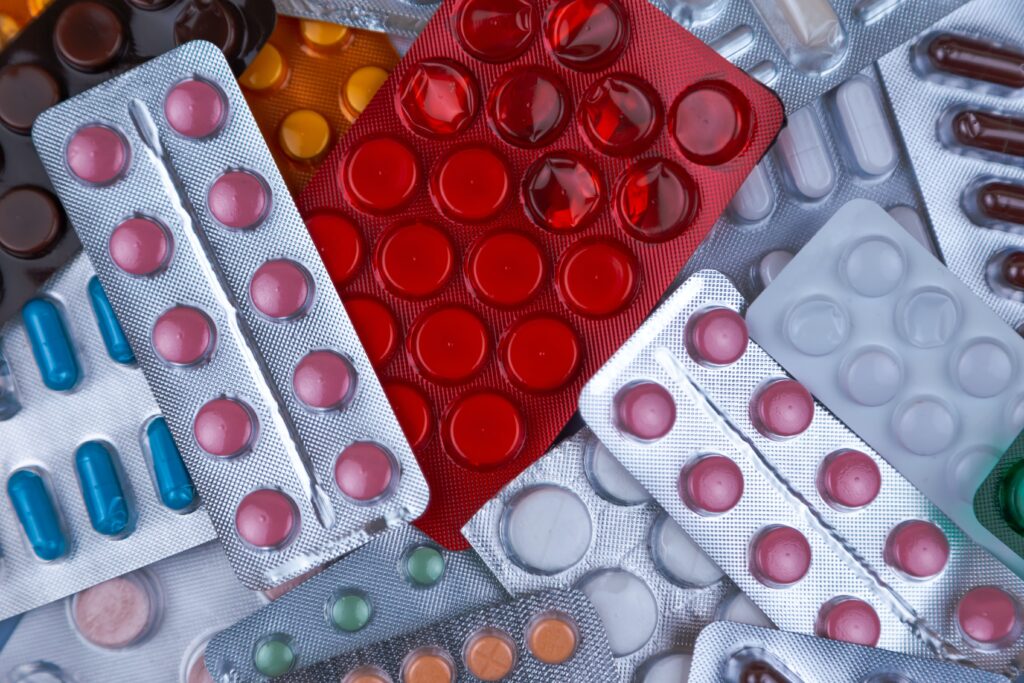
Bloating can be treated naturally by balancing the diet, making food choices, and taking preventative measures, but in some cases, a person may need to seek medical attention to manage the situation.If you face regular bloating issues, sudden weight changes, or random bowel movements, it is better to see a doctor.
For older people, we recommend seeing a doctor if bloating occurs suddenly and lasts for several days.
9. Examine for food intolerance
Food intolerance is a major cause of bloating, and people often avoid the list of foods they should avoid. Some people are lactose intolerant; they are unable to digest dairy products; some have celiac disease; they are gluten intolerant, etc. It is better to avoid foods a person cannot digest and tolerate.
10. Try supplements
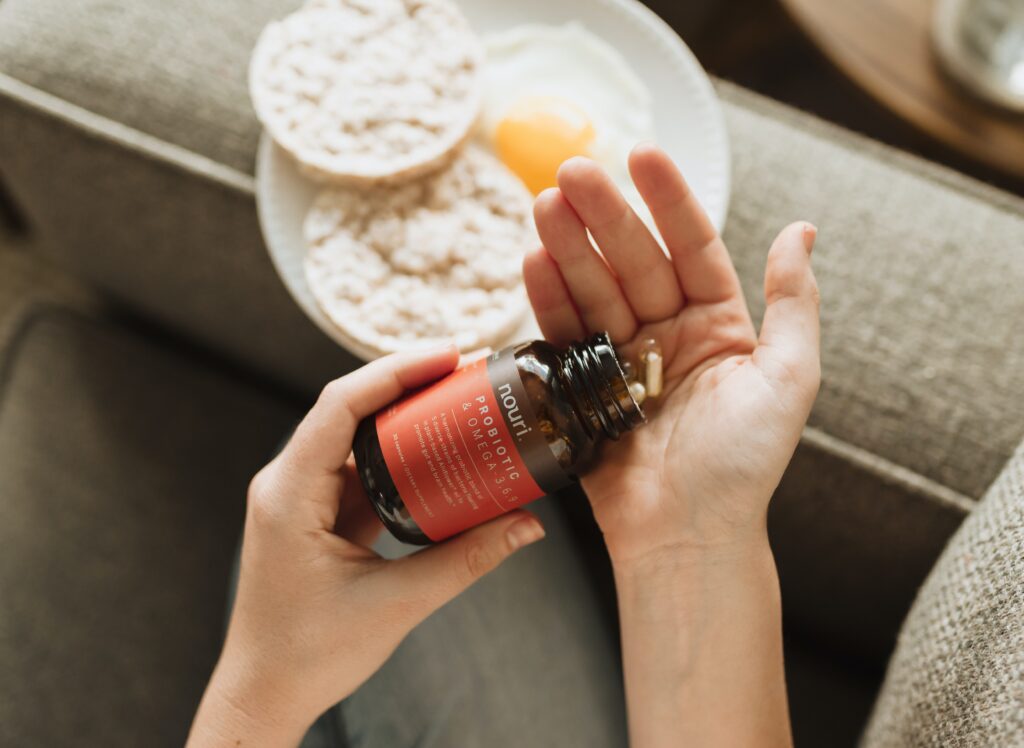
Probiotic supplements are one of the treatment options available for bloated stomachs. Supplements such as iron can treat constipation, and potassium can help reduce bloating by managing the sodium level in the body. Antacids can reduce bloating as they help release gas.
The bottom line
Bloating is a common issue, and a bloated stomach can affect your daily lifestyle and food choices. The causes and preventions may differ from person to person, but it is critical to consume the necessary nutrition to stay healthy.
For personal consultation and treatment of bloating and gastric issues https://dtsuman.com/contact-us/
Check her Instagram for daily tips on health and fitness https://instagram.com/sizespecialistbysuman/

